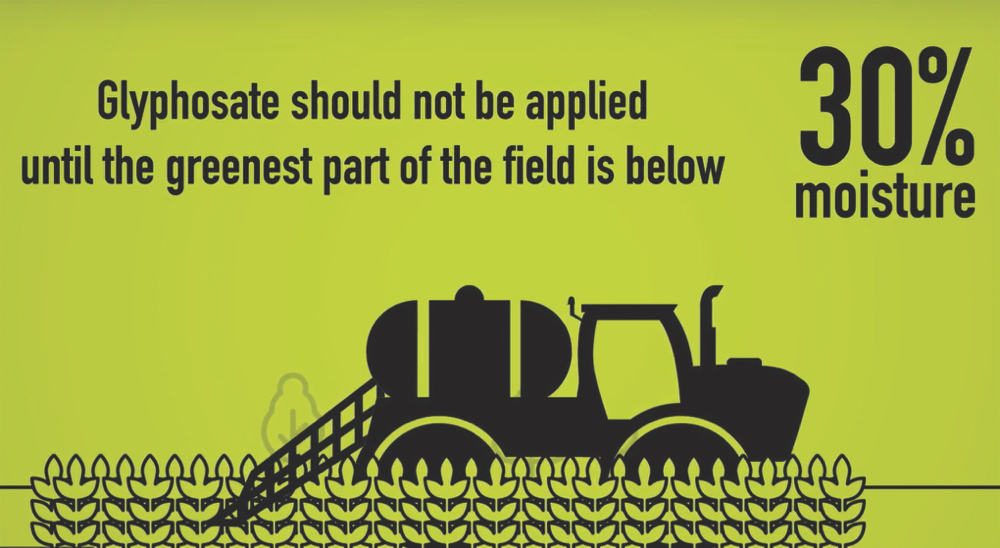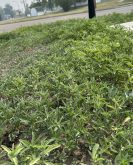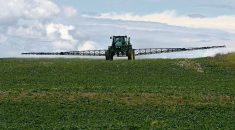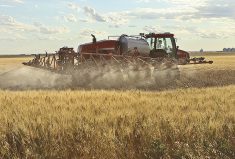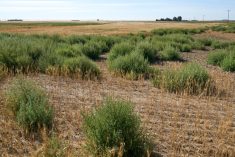A trio of crop organizations are getting a jump on harvest and warning growers not to use glyphosate as a desiccant.
“Glyphosate is registered for pre-harvest weed control — glyphosate is not a desiccant nor is it a tool to speed up crop drydown,” Pulse Canada market access manager Mac Ross said in a joint news release issued by his organization, the Canola Council of Canada, and Cereals Canada.
Glyphosate should only be applied in wheat and all pulses when seed moisture content is below 30 per cent in the least mature plants in the field. As well, oats “may not be accepted by grain buyers if treated pre-harvest” with the herbicide, the news release states.
Read Also
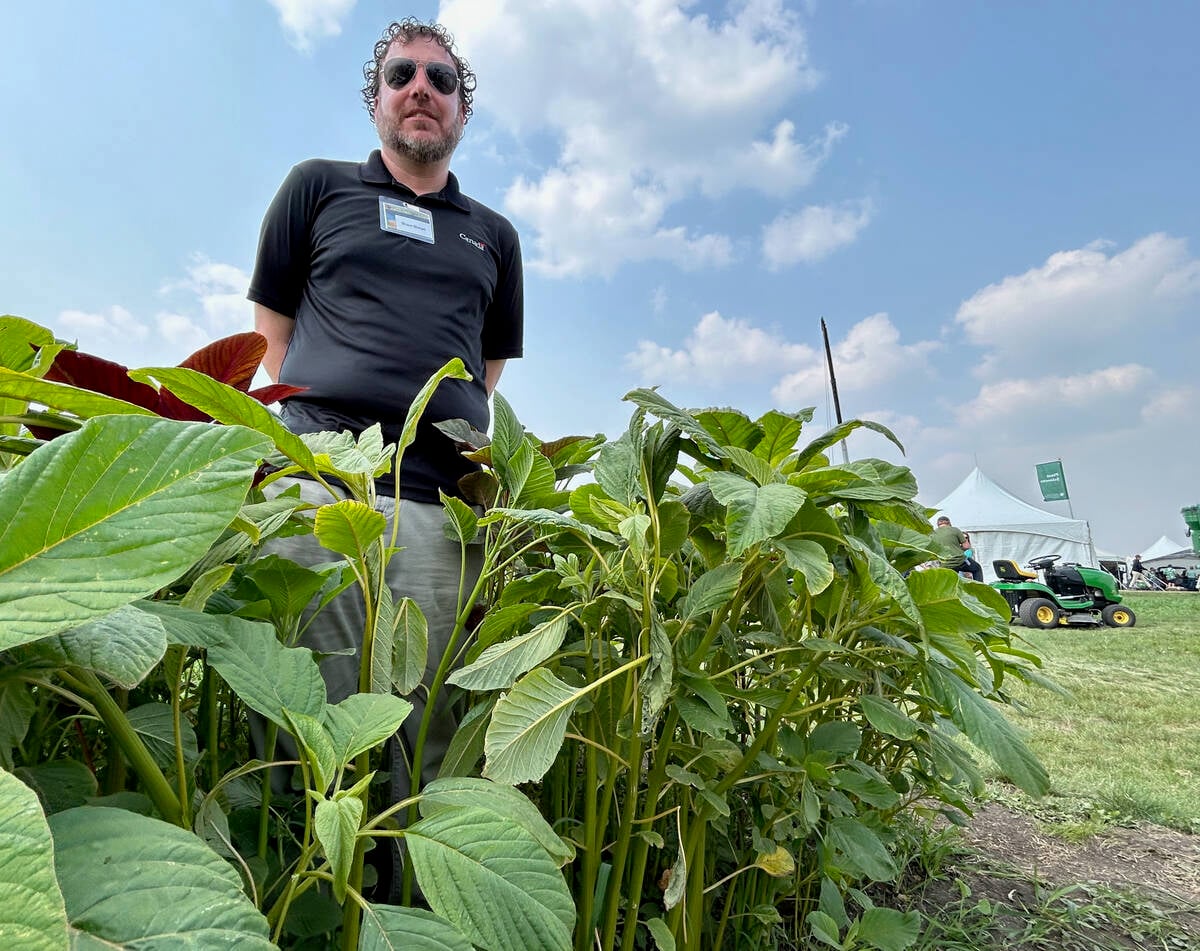
Glufosinate resistant waterhemp found in U.S. Midwest
News of glufosinate-resistant kochia in the U.S. is concerning as farmers are losing options to control waterhemp, also of the pigweed family.
Malt barley won’t be accepted if treated with glyphosate or saflufenacil at pre-harvest.
Also on the list of “products of concern” is the use of metconazole in canola, with growers being urged to “consult your grain buyer before application.”
“The label has important information like a product’s rate, timing, and registered crops,” said
Brian Innes, vice-president of public affairs with the canola council. “Applying crop protection products without following label directions is illegal and may result in residue levels that are unacceptable to both domestic and export customers.”
“If the product is not acceptable to our customers to begin with, following the label becomes irrelevant,” added Brenna Mahoney, director of communications with Cereals Canada.
For more information, go to the Keep It Clean! website.

